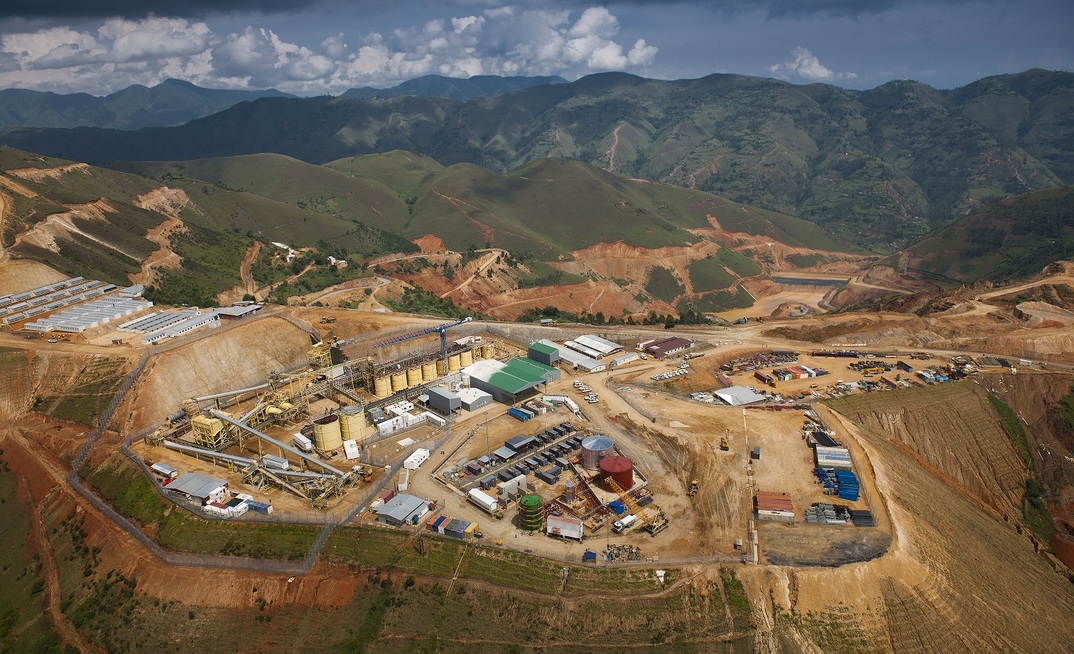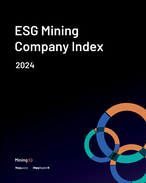As the context and landscape of the mining industry changes, so the power challenges facing the sector evolve. The challenges vary by site but the most complex mines have three things in common: remote locations, testing weather conditions and reduced access to capital expenditure. As the industry becomes more reactive, so a flexible power supply is of increased importance.
Despite the downward pressure on commodity prices, junior and mid-tier miners in particular are seeking out resources in increasingly remote locations. Grid connection becomes either impossible or expensive, leading to the need for greater power flexibility.
Three things are especially important in the current climate: choice, variety and the ability to change. Aggreko has worked hard to ensure that it can provide power anywhere, anytime; to scale solutions up or down according to need and to provide mines with a comprehensive range in power options.
In addition, Aggreko has designed its engines to run on a range of fuel sources that include diesel, natural gas and heavy fuel oil (HFO), allowing customers to have options that address cost and environmental considerations simultaneously.
One of the main challenges of a remote location is access, which can limit the operator’s ability to address emerging issues. For example, one project that Aggreko has worked on recently was in the Democratic Republic of Congo (DRC), where Banro planned to develop the Twangiza gold deposit. The challenge is that Twangiza is located in a remote part of eastern DRC, away from suitable power infrastructure.
Following discussions on the possibility of rental power, Aggreko provided a scalable, full baseload power supply solution that had the capability to grow in capacity. Being a greenfield project, the company supplied an initial 500kVA generator to provide camp power, which was followed by an additional 1,250kVA unit for welding and construction work, and then on to be the prime power source for the mine.
Mobility
Allied to flexibility is mobility. Mobile solutions allow mining projects to have access to the power they need, as they need it. One week the need could be 20MW, the next that need may decrease to 15MW. With overhead costs being a major concern for miners, having scalable solutions is key to demonstrating optimal operational efficiency to ever-discerning investors. Being mobile is vital in modern mining.
The major benefit of flexibility and mobility is a saving on capital expenditure (capex). Mining businesses see power equipment and infrastructure as an expensive outlay. Capital expenditure alone can present long-term risks; however, the unpredictability of climate change means that mines face a greater threat to economic security.
Power specialist companies such as Aggreko can design bespoke solutions for their mining customers, to suit their individual needs, and work with them more as a strategic partner than anything else. Mine operators traditionally seek out interim or operational solutions to power issues – but increasingly there is also high demand for emergency or standby process power solutions. These can lead to longer-term power contracts, where companies are seeking a guaranteed supply of power over a mine’s lifecycle.
Aggreko works closely with miners to help get them up and running until they can reach full capacity, sometimes continuing as the sole supply in remote areas or providing a bridge until the grid can be connected.
Digging deeper for longer
The mining industry is faced with a depressed market and rising production costs, and as a result is under immense pressure to improve efficiency. Miners have to dig deeper – often at depths of over 1,000m – for minerals that are increasingly harder to get. Therefore, companies need to re-think production models in an effort to maintain high safety standards and operational effectiveness.
The consensus among miners is to consider alternative solutions – ventilate and cool with flexibility and as little up-front investment as possible – and it is here where rental options can provide relief.
While changing ambient temperatures above the surface doesn’t affect the environment below ground (below 15m/50ft), heavy machinery such as drills and pumps can contribute to raising air temperature underground and therefore regulated ventilation is a critical focus in underground hard-rock mines. Alongside controlling temperature, a ventilation system is also crucial in removing harmful gases that occur during the extraction process from the mine. An effective ventilation system reduces the risk of fire and harmful effects to workers.
Part of the strategic development of the mining industry must include the on-going analysis of temperature and ventilation systems that affect equipment efficiency and working conditions. Deeper, longer digging is possible and finding cost-effective solutions is needed to get there.
The mining industry faces pressure on three fronts; depressed commodity prices, reduced access to CAPEX and the need to explore ever more challenging physical landscapes in order to satisfy demand for minerals.
Flexibility remains paramount – mining operations need to be able to react to global commodity prices and mine when any potential revenue can be maximised. Therefore, all mines need to be scalable. Power plays a critical role in that process.
James Shepherd is managing director – Africa at Aggreko. See: www.aggreko.com

























